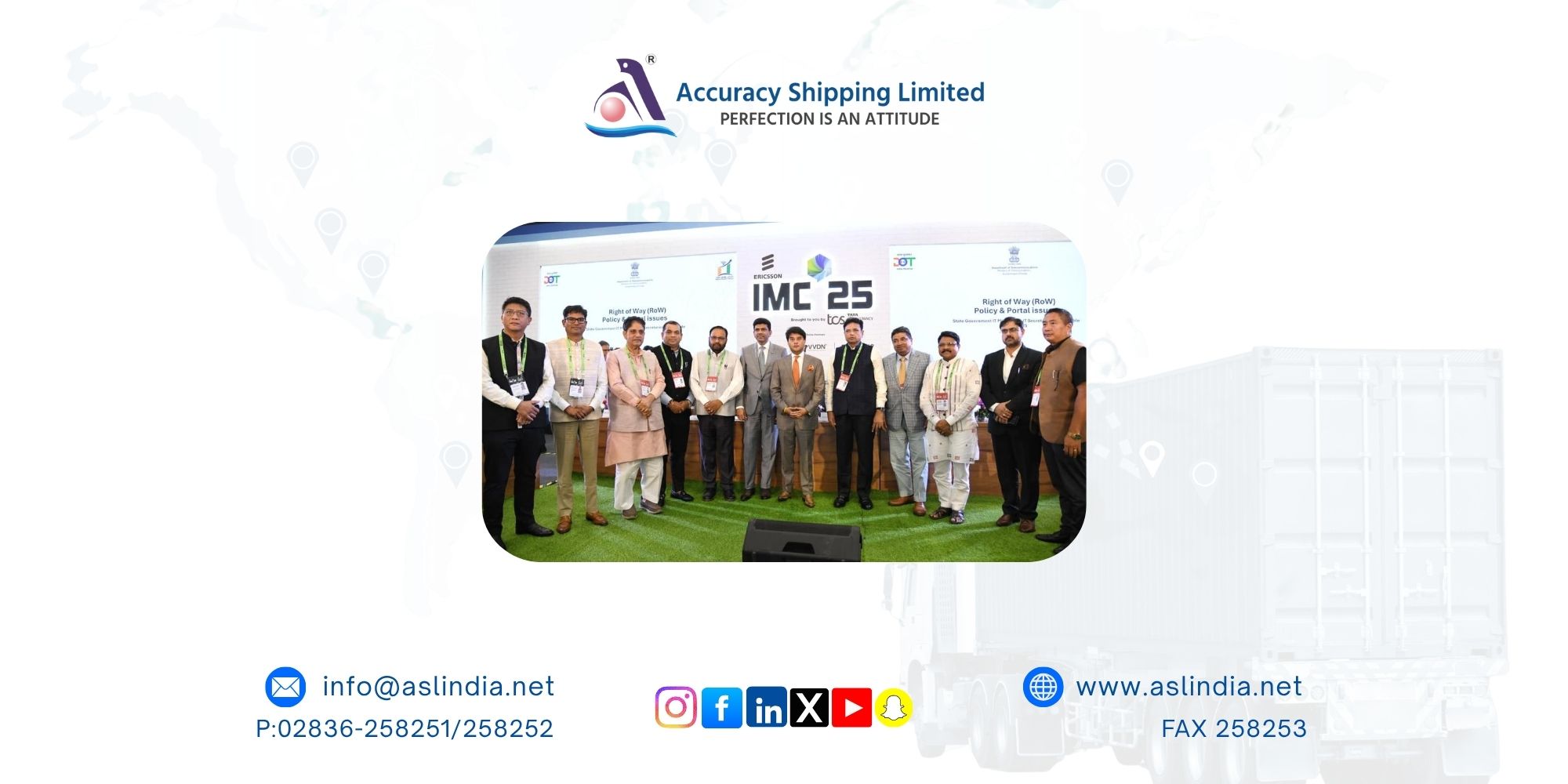India and South Korea explore strategic shipbuilding partnership for global markets

India and South Korea are charting a new course in maritime cooperation as both nations explore a strategic shipbuilding partnership designed to serve global markets. With Korea’s advanced shipbuilding technologies and India’s growing manufacturing strength, the collaboration aims to reshape supply chains, boost domestic capabilities, and support India’s rising demand for vessels especially in the energy sector.
Rising Maritime Needs Driven by Energy Demand
Union Minister for Petroleum and Natural Gas Hardeep Singh Puri revealed key details of the discussions after meeting top leaders of major Korean shipping companies. In his post on X, Puri emphasized that India’s energy imports worth more than USD 150 billion annually are entirely seaborne, signaling immense demand for ships and offshore service vessels. The oil and gas sector accounts for 28% of India’s total trade volume, yet only about one-fifth of this cargo moves on Indian-flagged or Indian-owned ships.
With demand for crude oil, LNG, LPG, and ethane expected to rise sharply in the coming decade, India faces an urgent need to scale up its fleet capacity. ONGC alone is projected to require nearly 100 offshore service and platform supply vessels by 2034. Partnering with global shipbuilding giants like South Korea is therefore essential to support growing domestic requirements and secure India’s position in global maritime networks.
High-Level Meetings Strengthening Strategic Alignment
During his Korea visit, Minister Puri met with several influential industry leaders, including:
An Byung Gil, CEO, Korea Ocean Business Corporation (KOBC)
Kim Sung Ick, CEO, SK Shipping
Seo Myung Deuk, CEO, H-Line Shipping
Sung Je Yong, Vice President, Pan Ocean
These discussions underscored strong complementarities between the two nations Korea’s leadership in high-tech shipbuilding and India’s cost-competitive shipyards with expanding production capabilities. Both sides highlighted the synergy between India's growing energy demands and the expansion of its shipping and maritime ecosystem.
Reforms Driving India’s Shipbuilding Resurgence
India’s shipbuilding sector has received renewed momentum following the rollout of transformative maritime and shipbuilding reforms in September 2025. The government announced a ₹69,725 crore package aimed at boosting national shipbuilding capacity, technology adoption, infrastructure, and investment.
Key initiatives include:
Shipbuilding Financial Assistance Scheme (₹24,736 crore)
Incentives under the National Shipbuilding Mission
Financial support to shipyards
Credit notes to strengthen ship-breaking and recycling operations
Maritime Development Fund (₹25,000 crore)
Designed to catalyze large-scale investments
Offers interest incentives for shipyard expansion and modernization
Shipbuilding Development Scheme (₹19,989 crore)
Capital and risk coverage
Support for cluster development
Enhanced assistance for production ecosystems
These reforms aim to position India as a competitive global shipbuilding hub while creating extensive employment opportunities across coastal and rural regions.
A Heritage Rooted in Maritime Excellence
India’s maritime legacy dates back thousands of years, with archaeological remains at Lothal in Gujarat revealing one of the world’s earliest tidal docks. Today, shipbuilding is regarded as the “mother of heavy engineering,” known for its strong multiplier effect each investment generates 6.4 times more employment and yields 1.8 times returns on capital.
Given its potential to generate large-scale jobs and industrial growth, shipbuilding has become a vital component of the Atmanirbhar Bharat (self-reliant India) mission.
A Partnership Shaping the Future of Global Shipbuilding
The emerging India–South Korea shipbuilding partnership is expected to accelerate India’s integration into global maritime supply chains while supporting domestic manufacturing ambitions. By combining Korean technological expertise with India’s growing industrial capabilities, the two countries aim to meet rising global vessel demand and reinforce maritime resilience.
As India strengthens its energy security and shipping capacity, this collaboration marks a significant step toward building a strong, future-ready shipbuilding ecosystem one that contributes to both national growth and global maritime leadership.







